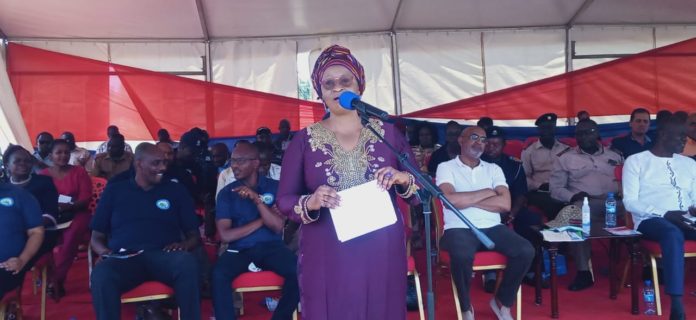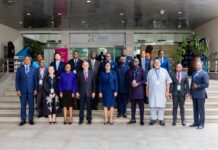By TalkAfrica Reporter
Busia County, Kenya: For years the fight against Malaria in Busia and other Counties sharing borders with Kenya has been challenging.
The mosquitoes transmitting the Malaria virus move from one country to another depending on the measures a certain state is putting in place in fighting the disease.
The Minister of State in the Department of Health and general duties Uganda, Mrs. Anifa Kawooya advised bordering Countries to effectively eradicate malaria from the region, member states should work together in formulating policies that will facilitate malaria eradication as well as implementation.
Speaking in Busia during the launch of the Great Lake Malaria Initiative (GLMI) at Akiriamasi, Kawooya noted that there is a need to establish a Malaria surveillance and preparedness center at every border point within member states to be able to detect and treat malaria early enough, adding that cross border endemic requires joint effort through partnership.
She lauded the Kenyan government for adopting larvae destruction technology in dealing with malaria adding that destroying mosquitoes at the larvae stage is the only way of ending malaria in East Africa and Africa at large.
“Every country in the region has been fighting Malaria independently for many years, it has not been fruitful. But with combined effort will as a region we will defeat it. What we should do as a region is to develop plans and implement them jointly. Great Lake Malaria Initiative is just one of the measures we have to fight malaria,” she said.
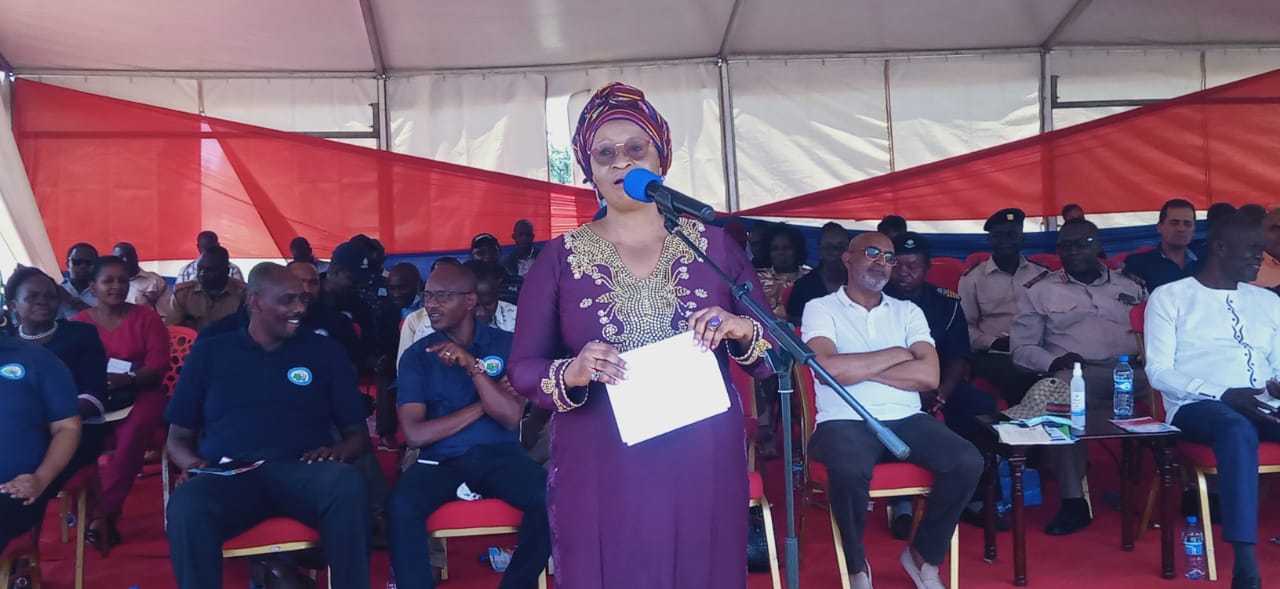
She added, “The other thing we need to do is to set up surveillance and preparedness centers along every border point within the member states to enable us to detect and treat malaria on time.”
Kewooya’s sentiments were echoed by her counterpart from the Republic of Rwanda Dr. Tharcisse Mpunga. Mr. Mpunga said for many years malaria had been a great challenge in the region, not to mention Africa. He lauded the Kenyan government for adopting larvae destruction technology adding that destroying mosquitoes at the larvae stage is the only way of ending malaria in Africa.
He also acknowledged the work that is being done by Community Health Workers (CHWs) in both countries towards eradicating Malaria.
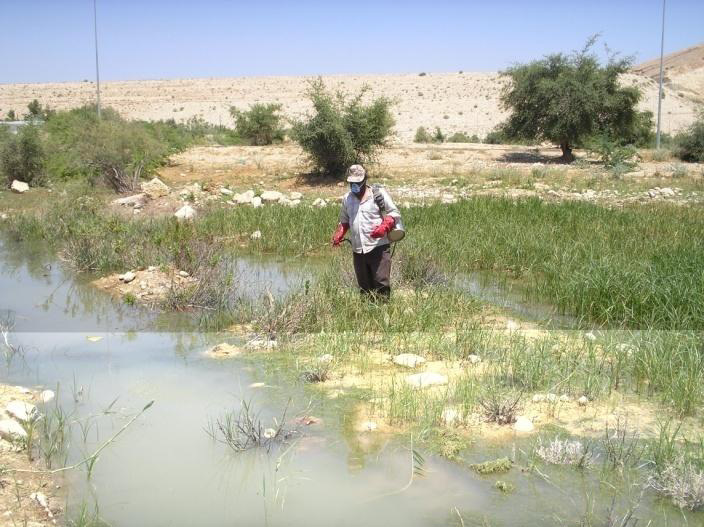
Chief Administrative Secretary Ministry of Health Dr. Rashid Aman who represented Cabinet Secretary Mutahi Kagwe during the launch of GLMI noted that the initiative will play a big role in fighting malaria.
He noted that the East African community contributes to 24% of reported malaria cases globally, with 10.2% of deaths globally.
He confirmed that the Kenyan government is partnering with the Cuban government to identify malaria breeding zones in the country and spraying ,them to kill mosquitoes at the larvae stage through larviciding technology to control malaria.
“Besides launching this initiative we are also working with the Cuban government to eradicate mosquitoes in Kenya. It will be done by spraying all the mosquito breeding zones in all eight counties that are prone to malaria in Kenya. Our staff is being trained on how to do that. Once they are through we will embark on the business of the use of drones, we will be able to spray areas that are flooded and swampy,” he noted
According to Mr. Githuka George, the head of the division national malaria program at the ministry of health, 2 out of 10 people in Busia County are infected with malaria. The case is the same in Busia Uganda due to the movement of people across the border adding that the Great Lake Malaria Initiative will see the two countries work together to eradicate malaria.
“The great lake Malaria initiative is a collaborative strategy to control and eliminate malaria in the great lake region. We realized as a region that there is no single country on its own can fight and eradicate malaria without the support of the neighboring nation” says Githuka.
As Kenya, we cannot claim to have eradicated Malaria, when we have people going in and out of Uganda or Tanzania and coming back. If there is a malaria outbreak in those countries and vice versa, those who remained behind will be infected, that way we can’t win the fight. The progress we make as a country, the neighboring country must also do the same to succeed in this fight,” he stated
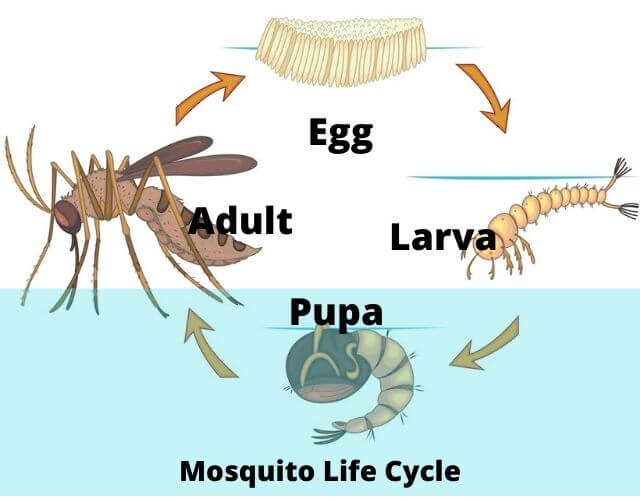
In an interview with the press, Githuka said the infection rate in counties within Lake Region, and those around the Indian Ocean is high, but since 2015, they have tried to reduce the malaria prevalence rate from 27% to19% in 2020.
“We have made great progress in the fight against malaria in this region. In 2015 malaria prevalence rate in this region alone was 27 percent but as we talk it has reduced to19 percent. This is a result of several interventions put in place such as the distribution of Mosquito nets, and the issuance of Malaria vaccination among children below 5 years among other interventions.
“In the last mass net distribution campaign, we distributed more than 16Million nets across the country and Busia was among the counties that received the nets as one of the measures to address the malaria endemic,” he said.
Besides nets distribution, Githuka noted that they avail treatment kits to all health facilities across the county to enable those suffering from malaria to get treated within the shortest time possible.
They also use Community Health workers, through community case management. This is where the CHWs go to the community and treat those with malaria cases before they can go to the hospital or health facility if there is a need.
“We also make sure that we avail malaria test kits and microscopes to all health facilities in the region so that if you feel you are suffering from malaria you can receive medication within the shortest time possible.
He added, “We also engage community health workers through community case management, this is where CHWs go to the village and if they find malaria case they administer medication at a grass root level.”
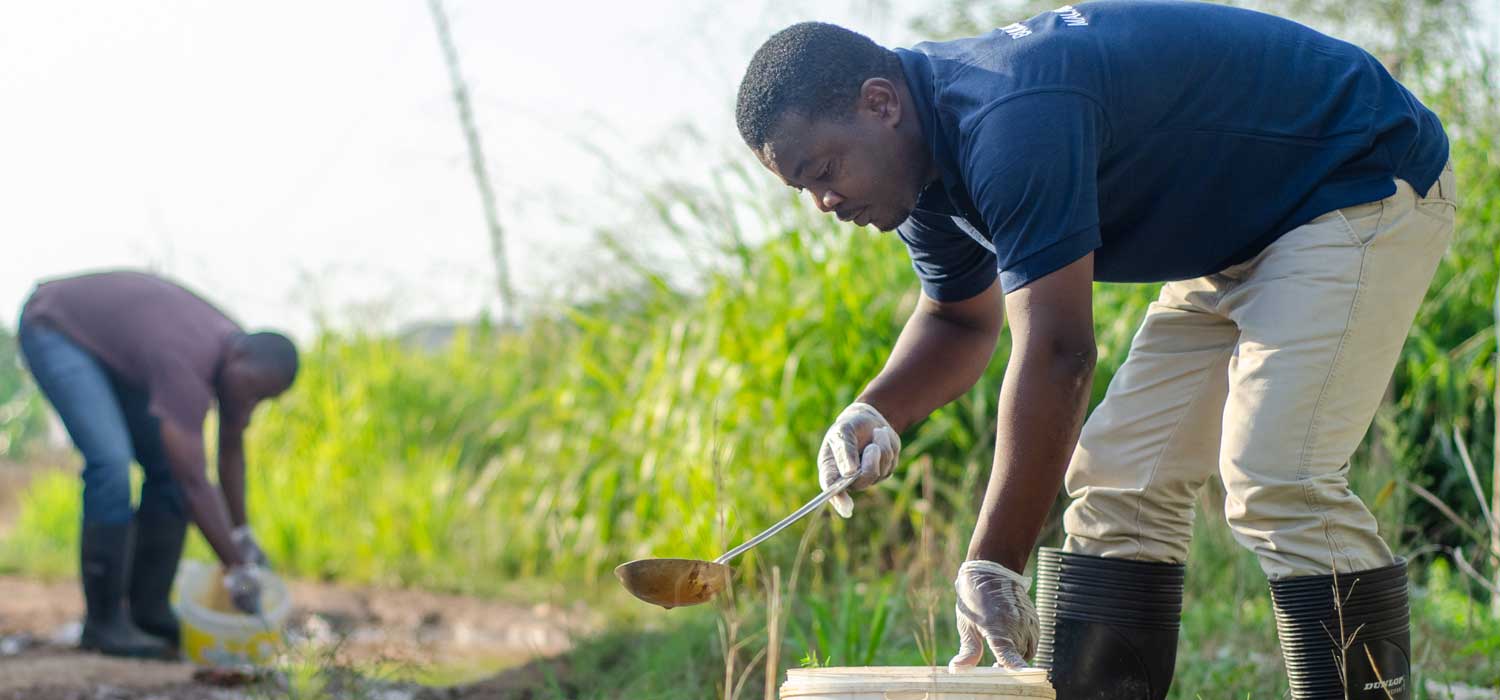
The launch of the GLMI is coming with a technology called larviciding that will see all mosquito breeding zones sprayed with certain non-harmful chemicals to suffocate and kill mosquito eggs before they hatch into mosquitoes.
“This is a technology from the Cuban government. They are training our technical team both at the National and county level on how to spread the larvacide to all mosquito breeding zones to help reduce mosquito population as well as reduce malaria infections in the country,” he noted
Dr. Githuka further noted that after the approval of malaria vaccination after a successful pilot program in 8 counties, the ministry is in the process of taking the vaccination in every part of the country as one of the achievements made in combating malaria in the country.
Although vaccination seemed to be impactful in malaria reduction, Githuka advised parents to continue protecting their children against the possibility of being infected with Malaria by sleeping under mosquito nets, as well as seeking medical services whenever they feel they have been infected with Malaria.
“The vaccination is not 100 percent effective; it is around 40 percent effective. So those whose children received malaria vaccination still can develop malaria symptoms, and they are advised that whenever they show any signs of malaria to seek medical attention immediately.
Parents are also advised not at any single point let their children sleep outside mosquito net because they received malaria vaccination, which will be exposing them to infections,” he said.

